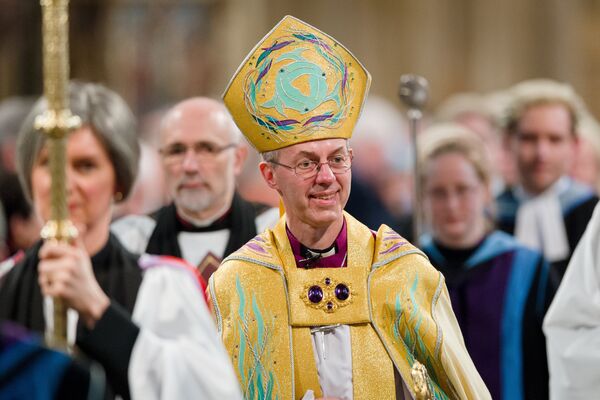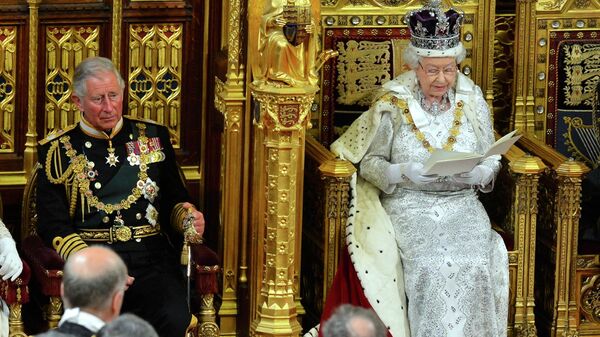Anglican Christianity is intimately bound up in the British political system, with up to 26 seats in the UK House of Lords reserved for Church Bishops who can vote on legislation.
The Society's report published on December 11 criticized the argument that the Church provides a source of moral guidance to the country, citing what it considers its past regressive stances on homosexuality, divorce and female clergy. It also called the Church in general unrepresentative of the UK's population, based on the rapid decline in Britons identifying as Christians from 67 percent in 1983 to 41.7 percent in 2014.
The presence of Church clergy in the national legislative bodies unfairly affects the making and unmaking of laws in the other countries of the UK, Scotland, Wales and Northern Ireland, the report says.
The Church of England generally traces its history back to the year AD597 when Saint Augustine established a Church at Canterbury in Kent, whose modern successors, the Archbishops of Canterbury preside over the Monarch's coronation as well as royal weddings and funerals.

The English Church remained under the authority of the Roman Pope until 1534, when King Henry VIII broke ties with the Vatican and declared himself head of the Church, binding the state and religion even more closely.


